Anthony Albanese agrees to visit China this year after seven-year freeze-out
Anthony Albanese will be the first PM to visit China in seven years, as a high-level delegation visiting Beijing raise hopes Aussie wine restrictions will soon be lifted.
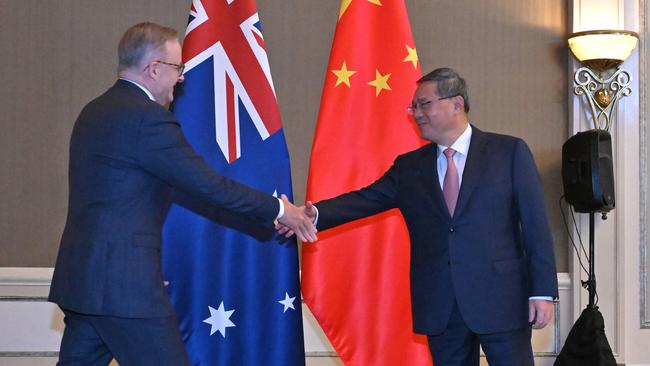
Anthony Albanese will be the first prime minister to visit China in seven years after formally accepting an invitation to travel to Beijing this year, as the arrival of a high-level delegation boosted expectations the ruling Communist Party will soon lift sanctions on Australian wine.
Meeting delegates in Beijing’s Great Hall of the People, Chinese Foreign Minister Wang Yi welcomed the Prime Minister’s impending visit and called on Australia to “leave the baggage behind and hit the accelerator” in its relationship with China.
The Prime Minister’s confirmation of the trip after a meeting with Chinese Premier Li Qiang in Jakarta on Thursday also raised hopes detained Australians, including journalist Cheng Lei, could soon be released.
The talks on the sidelines of the East Asia Summit were another step forward in the stabilisation of Australia’s ties with its biggest trading partner, following Mr Albanese’s bilateral meeting with President Xi Jinping at last year’s G20 summit in Bali.
Mr Albanese also said Australia would stand firm on its values and interests, revealing he had raised with Mr Li the plight of Australians detained in China, including Cheng and writer Yang Hengjun, and called for the resumption of “unimpeded trade” between the countries.
He also expressed Australia’s concerns over China’s human rights abuses in Xinjiang, Tibet and Hong Kong during “frank and constructive” talks, and Beijing’s disputed territorial claims in the South China Sea and over Taiwan.
“Australia seeks to work towards productive and stable relations with China based on mutual benefit and respect,” Mr Albanese said after the meeting.
He confirmed he would visit China later this year “at a mutually agreeable time”, saying the trip would commemorate the 50th anniversary of Gough Whitlam’s historic visit to the country.
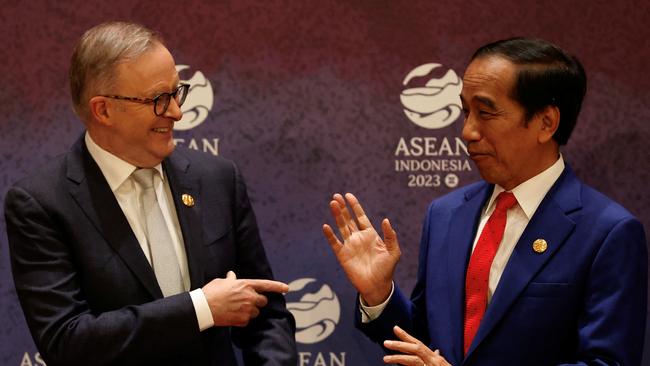
Mr Albanese’s trip will be the first by an Australian prime minister since Malcolm Turnbull visited Hangzhou in 2016.
Later on Thursday in Beijing, Mr Wang met with Australian delegates for the first high-level Australia-China Dialogue since relations imploded in 2020.
The one-hour meeting was a late addition to the two-day program of the Australian delegation led by former trade minister Craig Emerson.
Mr Wang told the Australian delegation that Mr Albanese had “very good chemistry” with the Chinese President. “I am even more confident about the future of relations,” Mr Wang said.
A Chinese source told The Australian the meeting was an indication Beijing was happy with Thursday’s closed-door dialogue, which covered bilateral relations, economic and trade relations, international and regional issues and people-to-people exchanges. Australia’s wine industry could be a big winner from the improved relations, with market access now more likely to be resumed for a trade worth about $1.2bn before it was smashed by a crippling almost 200 per cent tariff. That would leave live Australian lobster as the last major target on China’s trade blacklist.
Dr Emerson made it clear ending China’s wine impost – which Australia has taken to the World Trade Organisation – was a top priority for the Albanese government. Two members of Australia’s 18-member delegation were from the wine industry, Treasury Wine Estates executive Tom King and Wine Australia’s head of market access, Rachel Triggs.
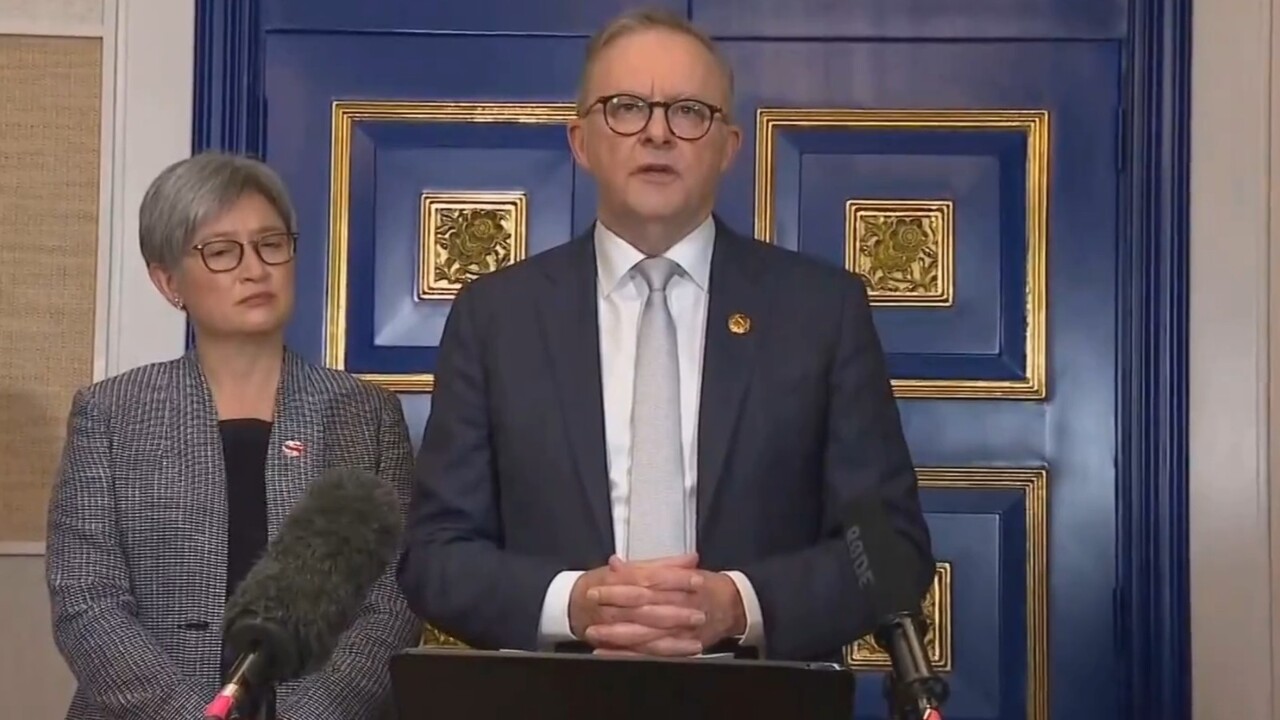
In opening remarks before the closed-door meeting, Dr Emerson said Australia’s delegates would engage in a “robust conversation”, noting while the two countries had “shared interests” they also had “big differences”. China’s delegation was led by former foreign minister Li Zhaoxing, who asked for Australia to take a more “independent” approach to foreign policy and “maintain its autonomy” from the United States.
“China was not, and is not, a threat to Australia in any way and will not be in the future,” Mr Li said. Chinese state media was strikingly upbeat in the lead up to the dialogue.
“This is not just a momentous event between China and Australia, but also a reflection of the East-West relationship as a whole,” wrote the Global Times.
Former foreign minister Julie Bishop joined the delegation at Foreign Minister Penny Wong’s request, along with DFAT secretary Jane Adams.
The Global Times hailed the restoration of ties with Australia, which it said could have “far-reaching ramifications” for China’s broader relationships.
“If China and Australia can effectively manage their disagreements while maintaining and strengthening mutually beneficial co-operation in the current international circumstances, China can do the same with other Western countries,” it said.
The paper attributed the thaw to a “pragmatic adjustment” by Labor since it returned to power in May last year.
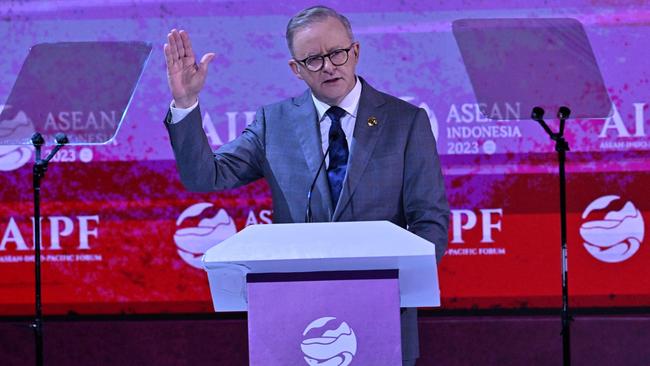
Premier Li said relations between China and Australia had showed “positive momentum”, and the progress in restoring ties had been welcomed by both countries and the international community. “I welcome you, Mr Prime Minister, to visit China within the year, and hope to work with you to further improve and grow bilateral relations and bring greater benefits to (our) two peoples,” he said.
He said when Australia-China relations were good “both peoples benefit”, but “when things are not going so well, both sides lose”.
Mr Albanese said he raised the cases of Cheng and Dr Yang – who are accused of espionage – and three other Australians facing the death penalty. He said Australians were particularly conscious of Cheng’s case. “They want to see Cheng Lei reunited with her children,” he said. He said the plea was “heard respectfully” by Mr Li.
The Australian government regards Dr Yang’s case as less straightforward because of his past life as an agent of the Chinese Ministry of State Security – a spy agency. Mr Albanese called for an end to trade “impediments”, which have punched a $20bn hole in Australia’s annual exports to the country since 2019.
Key sanctions have been eased in recent times including a massive tariff on Australian barley. Just $2.5bn worth of blockages remain, with wine, lobster, and some red meats the main exports still subject to bans.
Mr Albanese said Mr Li raised Chinese concerns about its trade and economic relationship with Australia, which were likely to have included Australia’s bans on Chinese telcos participating in the nation’s 5G network, and the treatment of Chinese investors by Australia’s Foreign Investment Review Board.
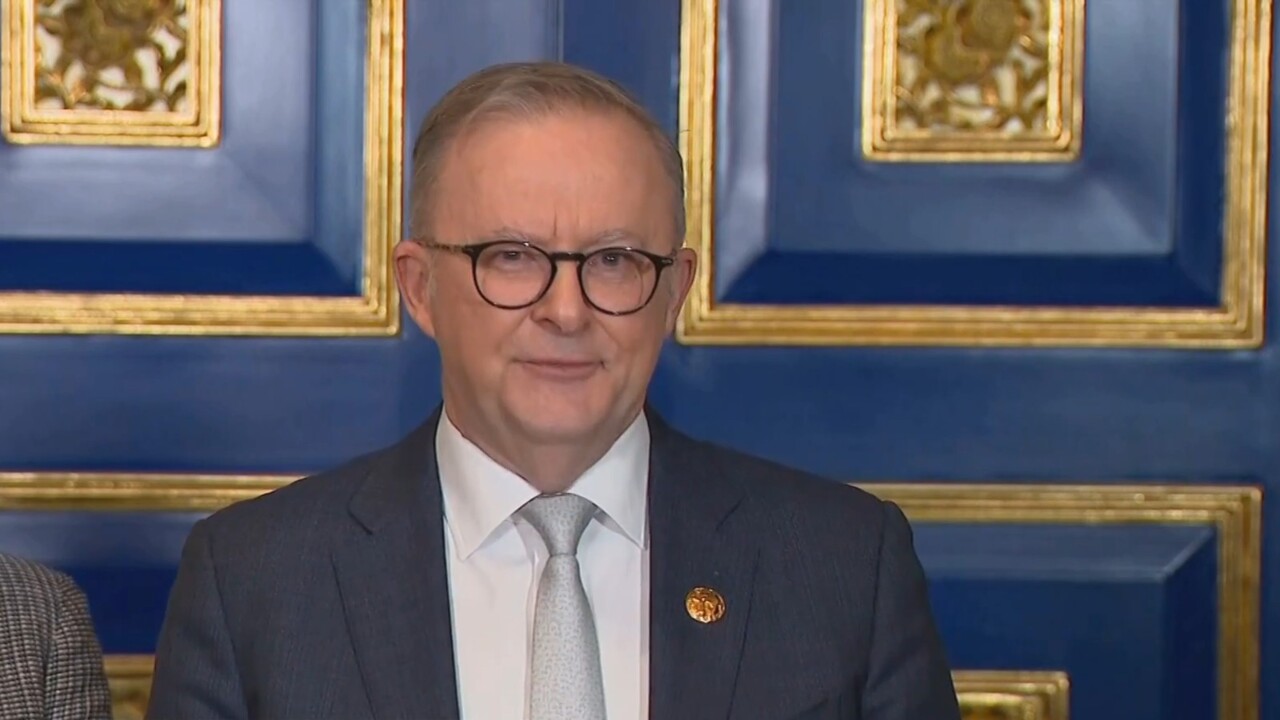
The diplomatic progress came amid heightened tensions over China’s new “standard map” released just over a week ago that reasserts Beijing’s disputed claims in the South China Sea, and declares parts of India as its own territory. The map has been vehemently rejected by India, Malaysia, The Philippines, Indonesia, Vietnam and Taiwan.
Mr Albanese said his talks with Mr Li were heavily focused on de-escalating such tensions.
“We took the whole context of the discussion was about how we all have an interest in a peaceful, secure and prosperous region. That’s something that is our starting point,” he said.
The Prime Minister had hoped to meet Mr Xi at the G20 summit in India later this week but the Chinese President skipped that conference in a snub to host Narendra Modi. Chinese presidents have not traditionally attended ASEAN but Mr Xi’s decision to skip the G20 leaders’ summit is unusual. Analysts said the move was aimed at undermining strategic rival India.
Mr Albanese departed Indonesia on Thursday evening for Manila for talks with Filipino President Ferdinand “Bongbong” Marcos. The trip is the first bilateral visit by an Australian prime minister to The Philippines for two decades.
The Filipino leader has taken a strident stance against Chinese claims to disputed South China Sea features which The Philippines consider to be its own territory. The leaders are likely to discuss joint naval patrols in the heavily contested waterway, as well as trade issues.
Additional reporting: Amanda Hodge

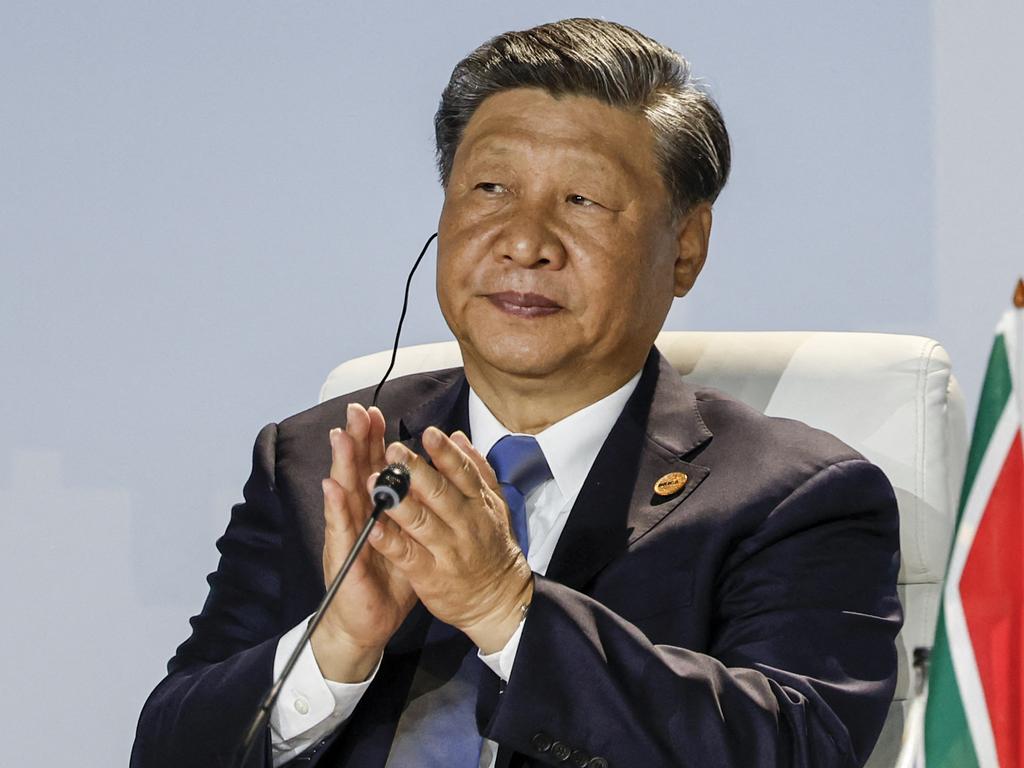
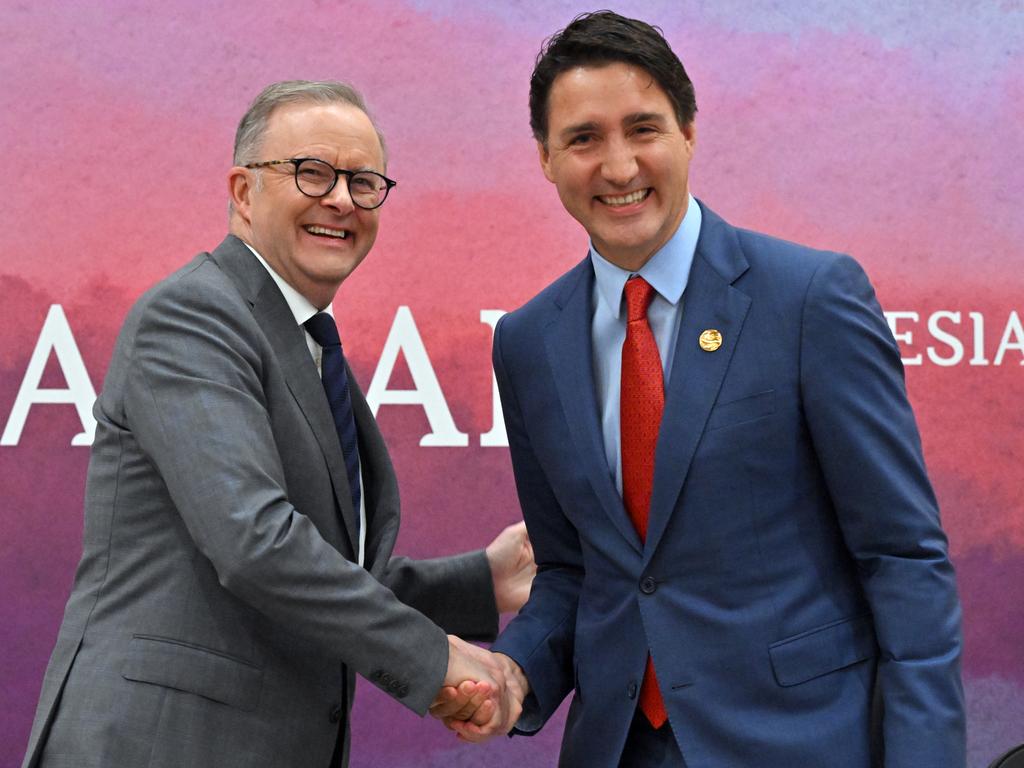
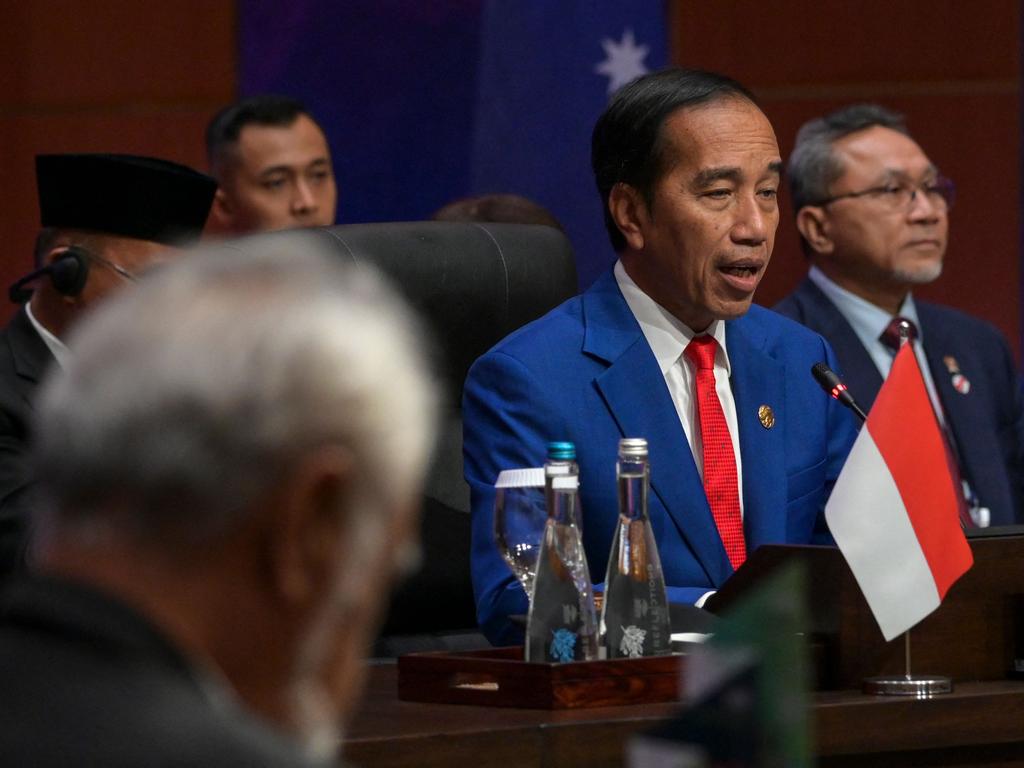
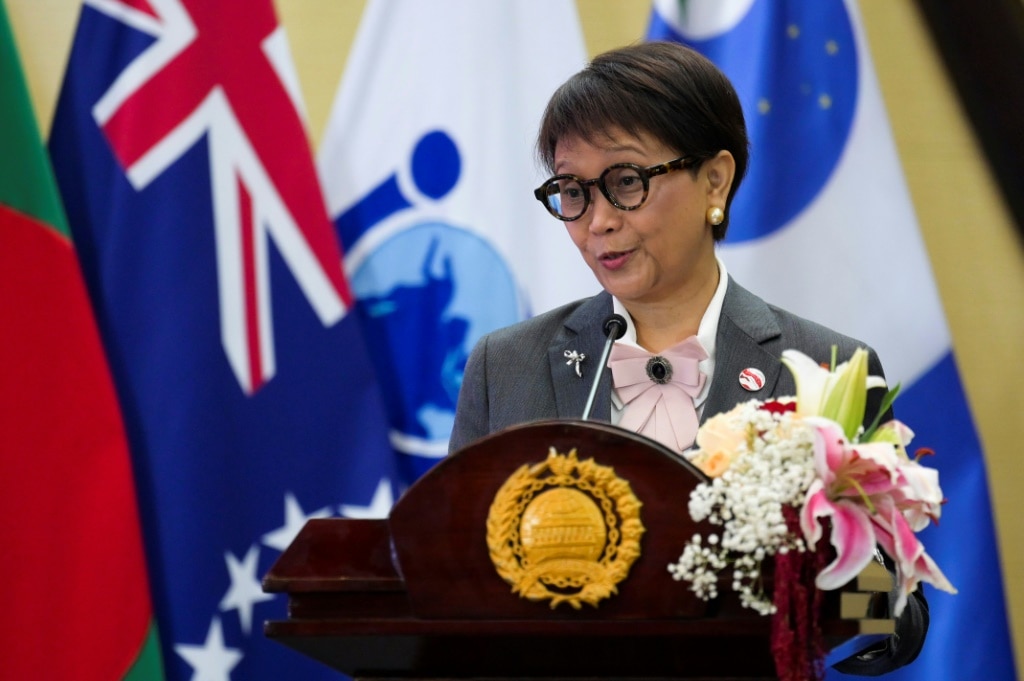


To join the conversation, please log in. Don't have an account? Register
Join the conversation, you are commenting as Logout